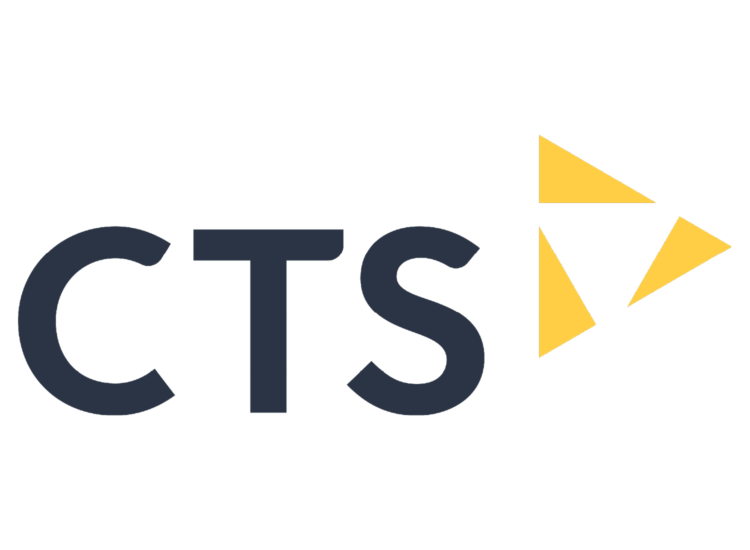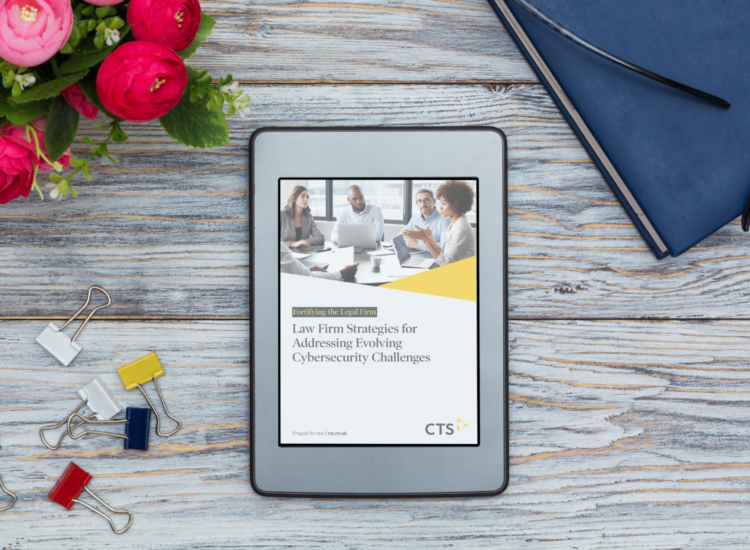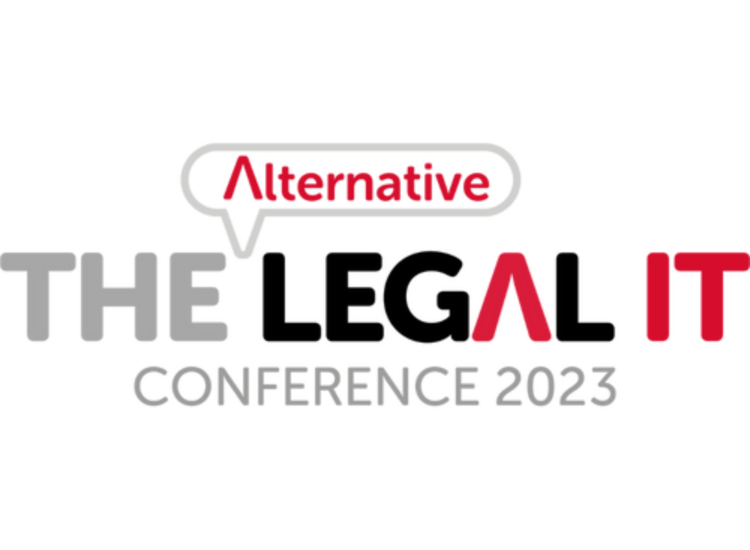Microsoft Teams is the market-leading unified communication solution with 145 million daily active users, a number which has almost doubled since April 2020.
Despite its popularity, Microsoft Teams in Remote Desktop Services (RDS) should only be used for the chat and collaboration functionality, not multimedia videos or calls, as RDS does not have the processing power that Teams needs to run these functions effectively.
Your team needs to be able to work efficiently and without restrictions, regardless of their location. We discuss the most suitable and most reliable alternative solutions to RDS for your legal practice.
Option one: Citrix
Citrix has virtual desktop infrastructure solutions for Teams. If you prefer your users to work in a hosted desktop environment, Citrix provides a more efficient, seamless experience than RDS.
Here are a few pros and cons to consider.
Pros:
- Citrix works over any network, enabling unrivalled user productivity and user experience.
- It delivers unified management and flexibility for on-premises, cloud and hybrid scenarios.
- Citrix protects users, apps and data with a secure digital perimeter.
- HDX optimisation ensures performance by supporting the multicasting of multimedia streams.
- The Citrix VDI environment uses dedicated resources such as bandwidth and hardware storage rather than a shared host session, which means the server can cope with surges in traffic.
- Citrix also supports other cloud platforms such as Azure Virtual Desktop (AVD), from Azure Cloud. The Citrix Workspace can move workloads from several hundreds of endpoints into a secure cloud environment.
Cons:
- User adoption is critical to the success of a company’s IT system or solution. Some users may get frustrated with the web version as it’s different from running the app on a desktop and has limitations in functionality. Poor user adoption can result in less collaboration and the uptake of shadow IT such as WhatsApp and Facetime being used, which poses security threats and compliance issues.
- Citrix can be more expensive to setup and maintain compared to other solutions.
Option two: run locally on a laptop, PC, tablet or mobile device
Running Teams locally on a laptop device can provide a better user experience than RDS hosted desktop environments. However, it’s important to take into account the following points when deciding on the best approach for your legal practice:
Pros:
- Due to end-users being able to access the full functionality of Teams, user experience is increased.
- Integration with OneDrive and SharePoint Online and other file sharing tools makes it possible to synchronize folders and files on your laptop.
- Leveraging all the functions that Teams offers, including video conferencing and document sharing, boosts collaboration not only between departments, but with clients.
Cons:
- The reality is that users may save information in various locations, causing data sprawl. Data sprawl happens when different software, apps, storage systems and data formats are used and can cause the control of data to spiral out of control.
- Users will have to switch out of Citrix to use Teams, and then back into Citrix to access core applications. This can disrupt workflow and reduce productivity.
How will your legal practice secure the company laptops if people are working outside of hosted desktops?
A zero-trust cybersecurity policy will help you prevent data breaches by eliminating the concept of trust from your network architecture. It requires all users, whether inside or outside of the company’s network, to be authenticated, authorised and validated to enable access to data and applications. Combined with a secured Managed Endpoint and EDR service, data and identities can be secured safely.
BYOD (bring-your-own-device) policies are critical to your legal practice’s security if you’re planning on allowing employees to use their personal laptops, smartphones or tablets for work. Your BYOD policy will need to determine how you will secure your company’s sensitive information before agreeing to allow your employees to use their own equipment for work purposes.
Why the virtual event user experience matters
Productive, almost real-life meeting experiences are possible with Microsoft Teams. Professionalism at client meetings and virtual hearings is important to ensure your legal practice maintains its reputation as well as client loyalty. It also removes the meeting room and travel costs involved with asking the judge, jury, lawyers, and court staff on-site for a hearing.
Another benefit of high-quality virtual conferences for lawyers is being able to virtually meet with clients much more quickly than face-to-face meetings. This is especially beneficial when multiple stakeholders are involved, and information needs to be shared on screen.
Choosing the right platform for Microsoft Teams
The work-from-home phase has led to Teams becoming the fastest growing business app in Microsoft’s history. Its ability to work on a single, unified interface is particularly compelling for legal firms that have departments in multiple countries.
There are several factors behind choosing an RDS alternative. It’s important your legal practice considers how you want your users to work together long-term and align your policies and technologies to match, including hosted desktop technology, security measures and introducing dedicated facilities such as Teams rooms.
Contact us today to find out how CTS can help your law firm find the most efficient solution and maintain your professionalism at client meetings and virtual hearings.




